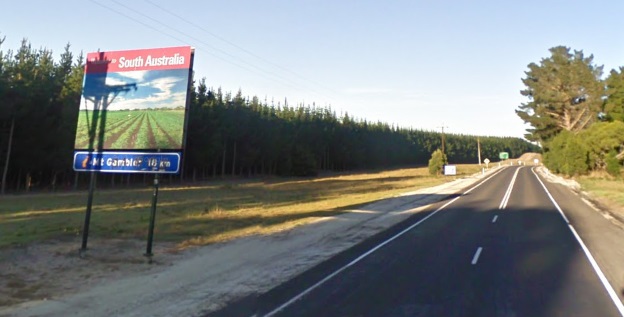South Australian Police have provided further information about cross-border movement restrictions due slow the spread of COVID-19 within the state.
A direction issued under the Emergency Management Act 2004 by state co-ordinator, Police Commissioner Grant Stevens, applies to all people who arrive in South Australia from outside the state.
Travellers subject to this direction will be required to identify a suitable residence and commence self-quarantine for a period of 14 days from the date of their arrival in the state.
Police will stop travellers at checking points from 4pm today and names and details will be recorded, including their South Australian address for the period of self-quarantine.
The direction provides specific detail about the responsibilities of travellers.
The direction provides exemptions to those classified as an ‘essential traveller’.
Travellers entering the state will be required to determine if they meet these requirements.
A member of the public who believes they are an essential traveller will be asked to justify their status if they are spoken to by police at a checking point or any other place in the state.
The officer will then make a final determination and where appropriate allow the traveller to transit into the state uninterrupted, or in other cases the requirements to quarantine under the direction will apply.
The direction generally includes those listed below as essential travellers:
– National and state security and governance
– Health services
– Essential medical treatment
– Transport and freight services
– Skills critical to maintaining key industries or businesses
– Emergency Services workers
– Cross-border community members
– Passing through (travellers will need to make their own enquiries about entry into their final state destination)
– Compassionate grounds
While police will be present at checking points across the state, members of the public travelling into the state may also be stopped by police patrols and enquiries made as to their movements and reason for travelling into the state to ensure compliance with the direction.
Anyone who does not abide by the direction faces a maximum penalty of $20,000 and a company breaching the direction faces a maximum penalty of $75,000.








